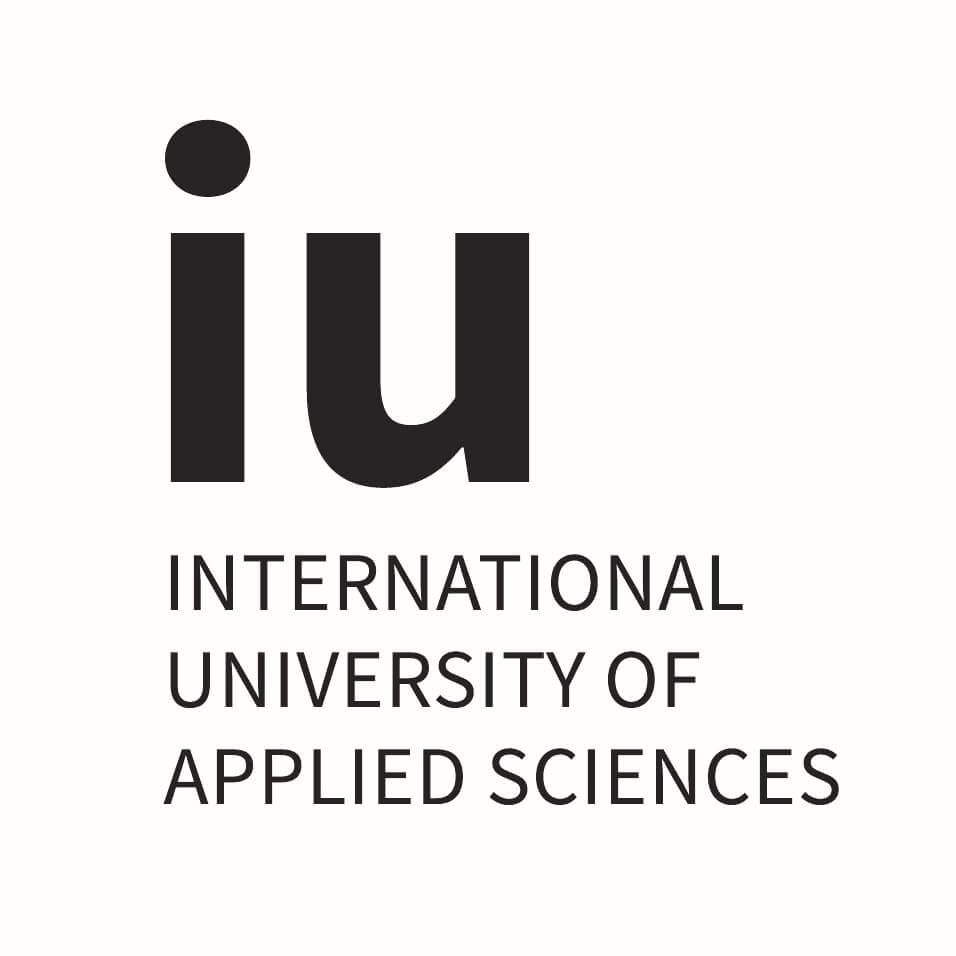Compulsory modules:
Research Methods: This module develops knowledge of intermediate and advanced research methods and provides a basis in research methodology for those who may eventually wish to pursue research degrees.
Organisations and People: This module examines key issues arising from contemporary research in organisational behaviour (OB) and human resource management (HRM). It provides an integrated analysis of management organisations and people developing the conceptual strategic and practical skills necessary for managers in complex global organisational contexts.
Strategic Management: This module analyses strategic decision-making within business. You will develop a critical understanding of the strategic processes of business management the interconnections with the functional domains of marketing human resource management and corporate finance and the management of knowledge systems.
International Financial Markets: This module provides an overview of financial instruments in a multi-currency world taking account of insights from portfolio theory concerning the relationship between risk and return the diversification of risk and the pricing of assets.
International Financial Management: In this module the financial management of multinational companies and the influence of macroeconomic fiscal currency and political environments on business and financial decision-making are examined in an international and global context.
New Venture Creation: This module examines the advantages and disadvantages of the various routes to business start-up including new venture creation or establishing a business based on your own expertise experience and ideas; buying an established business; purchasing a franchise; and succession through a family firm an increasingly common way of becoming involved in entrepreneurial activity.
Financial Econometrics: This module provides advanced coverage of econometric methods and practices that are used to model financial and business data. You will develop the independent capability to design estimate and evaluate appropriate econometric models using econometric software.
Optional module (choose 1):
Islamic Finance: This module provides an insight into topical issues relating to Islamic financial instruments and related risk management issues. The first part of the module examines issues relating to financial contracting instruments and various intermediation issues. The second part focuses on the role of the capital market in providing Islamic financing and highlights financial engineering and risk management features of this type of business.
Knowledge Management: This module examines the processes whereby organisations and individuals develop and utilise their knowledge bases. Successful knowledge management hinges on people culture and technology. As such it has professional and academic links with organisational behaviour and organisational learning.
Contemporary Issues in Management: This module develops several theories and concepts in contemporary management theory and practice. It provides a detailed and critical analysis of management further developing the conceptual strategic and practical skills necessary for managers in complex global organisational contexts.
International Business: This module establishes the relevance of globalisation to all organisations; to recognise the differing objectives of governments and commercial organisations; to identify the opportunities and challenges of integration between nations; and to formulate and implement international business strategies.
Financial Analysis: This module analyses the techniques that are used to evaluate a company’s financial position and performance. You will examine the principles underlying inter-firm comparison (comparing the performance of one firm with another) and trend analysis (comparing the performance of the same firm over different periods).
Investment Strategy and Portfolio Management: This module evaluates the development of investment strategies for bonds equities and derivatives that are designed to achieve optimal risk-return outcomes and examines the measurement and evaluation of the performance of a portfolio of investments.
Modules for the current academic year
Module listings are for guide purposes only and are subject to change. Find out what our students are currently studying on the Management and Finance Modules page.
Course content is for guidance purposes only and may be subject to change.
Show less









